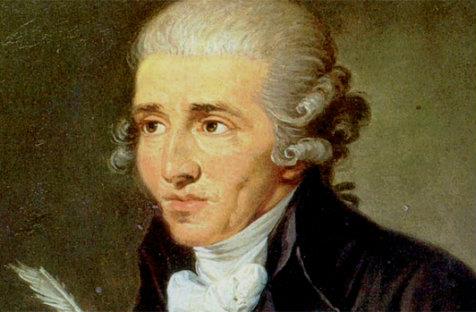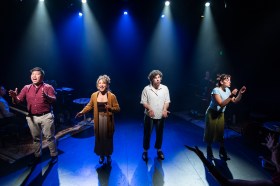Our obsession with competition has reached plague proportions. There are competitions for losing weight, cooking, renovating houses, surviving in the wild, facing up to phobias, and finding a farmer husband. And, let’s not forget the musical ones like The Voice, which sensationalises rock-cum-pop belted delivery in gladiatorial fashion. Love them or hate them, in the classical music domain they have been around for yonks and are here to stay.
Ross Peters wasn’t obsessed with competition but he had a deep regard for chamber music, which 20 years ago, tended to be overlooked by Music Conservatoria and concert programmers. To boost his favourite genre’s status, Peters established the Ross Peters 4MBS Chamber Music Prize. The goal was to encourage students to form musical ensembles and tackle the rich legacy of chamber music repertoire by all those giants; Mozart, Haydn, Schubert, Brahms, Mendelssohn, Ravel and Debussy.
There were six ensembles competing for the Prize this year. No one could doubt the formidable instrumental talent on the Conservatorium’s Ian Hanger Stage, quite apart from the dedication to music making in ensembles. Although, the criteria were not made public, which was a pity, it seemed that repertoire was a consideration in the panel’s deliberations. Haydn – once dubbed the Father of Chamber Music – was favoured by three of the competing groups who gave credible performances of movements from three of his string quartets.
GHC Wind Ensemble tackled a suite of challenging pieces especially designed to give chamber players the jitters. Arnold Cooke’s pieces shift speeds and time signatures, flitting between sea shanty morsels and tango grooves and boast mercurial moods, sudden stops, silences, growls, glimmers, slam dunk accents and shards of fragmented tune. Yet, without intending to, GHC made the audience uneasy as it became all too aware of the group’s valiant clamber over treacherous terrain.
Refreshingly, The James Ball Piano Quintet featuring pianist-composer Ball and string quartet presented a new work. Ball’s composition was persuasive and the five players immersed themselves into heartfelt playing, often achieving a lovely sound, a solid unity and exciting edge. Yet, the music didn’t give enough independence to the string voices, which alternated too often with hefty chunks of solo piano, becoming more of a showy keyboard excursion with string accompaniment. Worthy though this performance was it didn’t merit a prize.
For this reviewer, the Euphoria Piano Trio sparkled. From the moment they walked on stage, the trio commanded authority, a warm rapport and steely purpose. The pianist cruised through Mendelssohn’s piano concerto writing in his Piano Trio No. 1 with flair, articulating strings of pearly runs and swirling figurations like a pro. Stylishly taking the lead in one moment and contributing sensitive support in the next, the three players demonstrated inspiring unity and matched each other’s animated phrases. Although the violinist could afford to be more flamboyant, the Trio’s voice had magic.
Euphoria Piano Trio and String Theory (also accomplished and producing lovely colours in Grieg’s String Quartet No. 1) were awarded joint first prize. GHC achieved second place.
Ross Peters 4MBS Chamber Music Prize
4MBS Festival of Classics
Queensland Conservatorium
29 May





